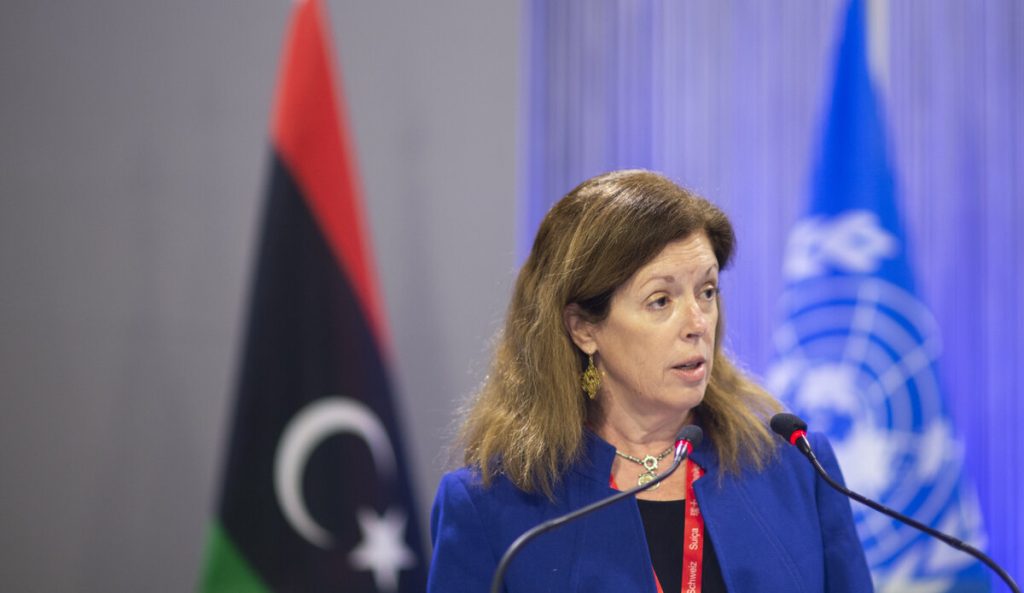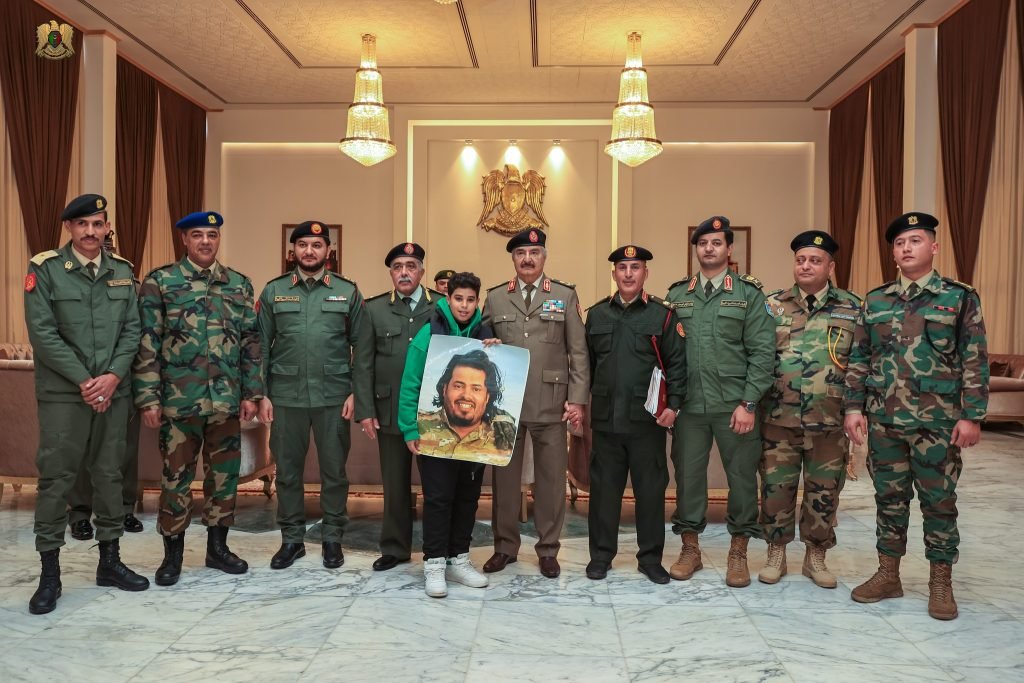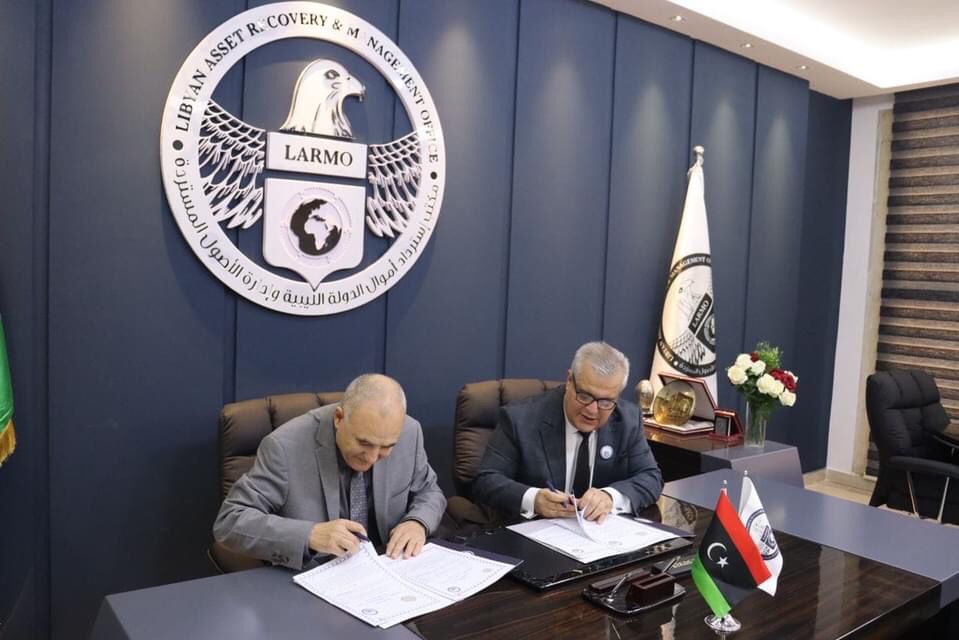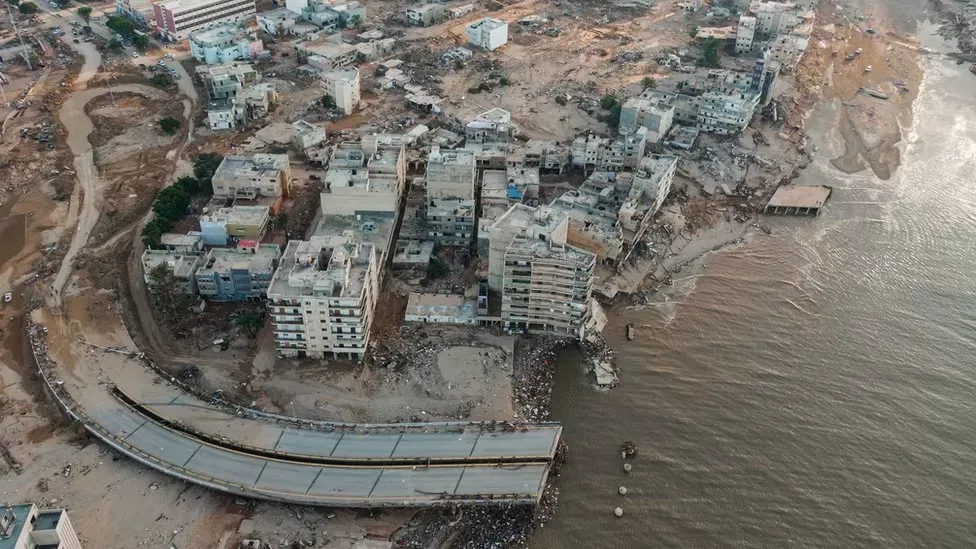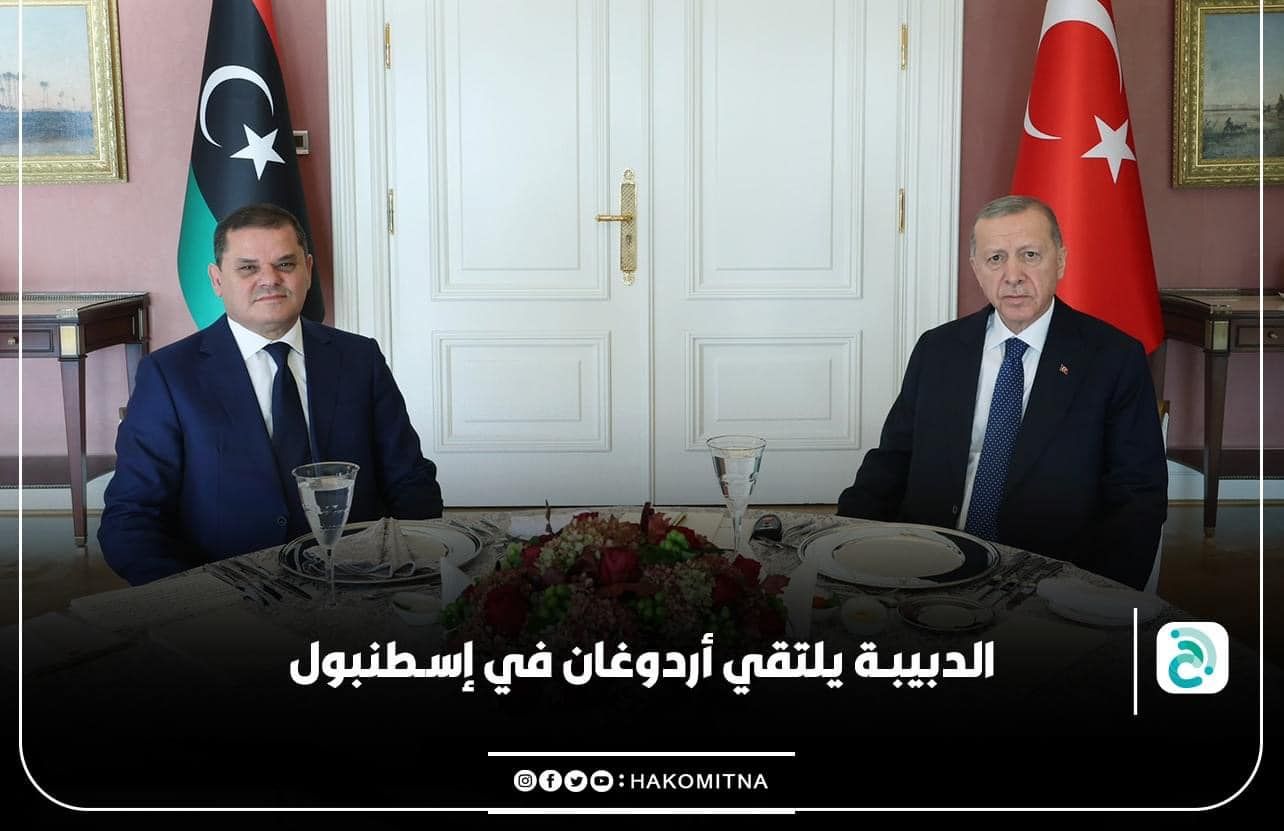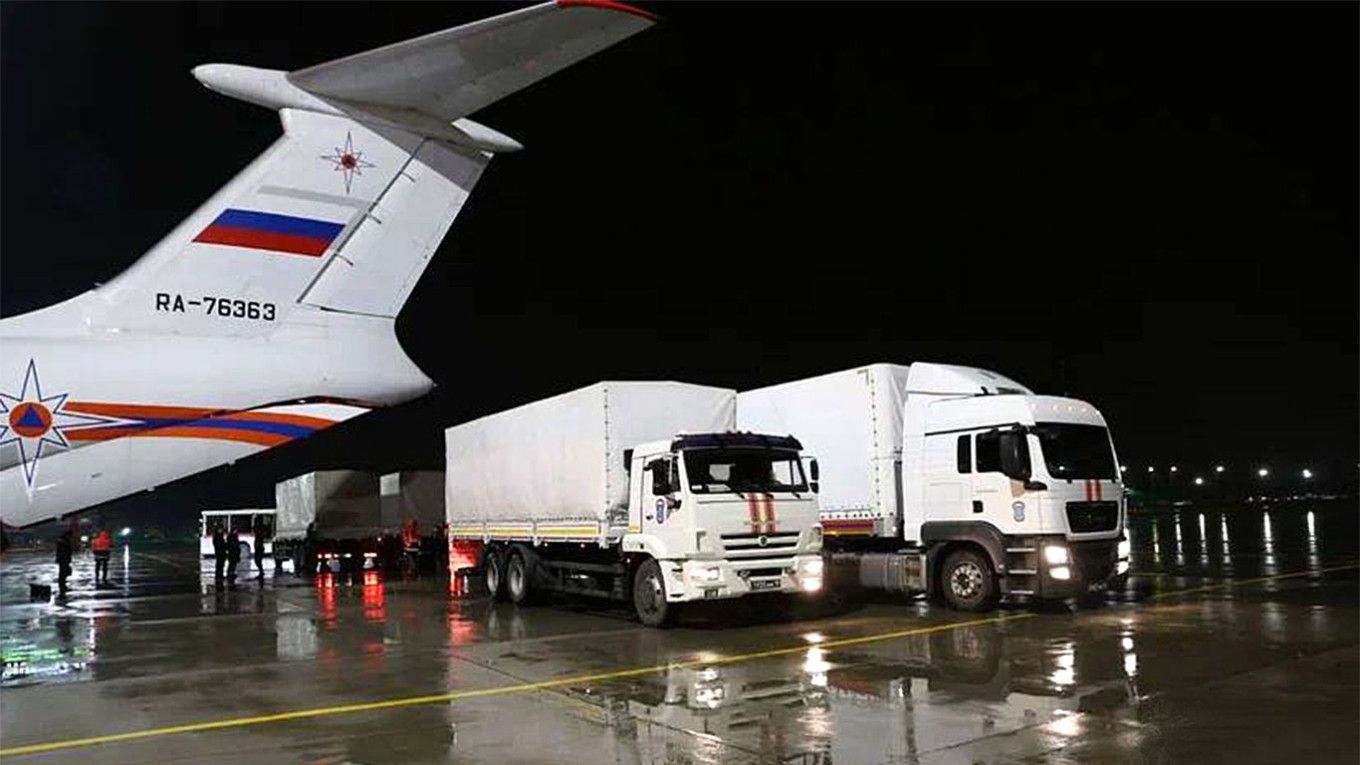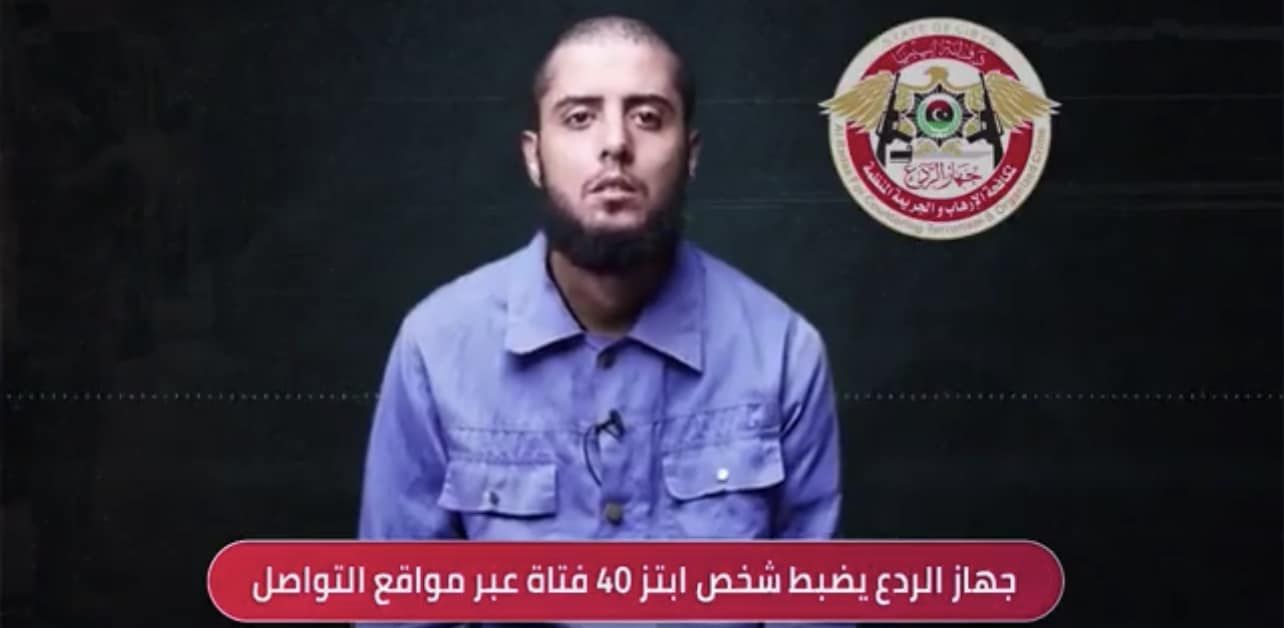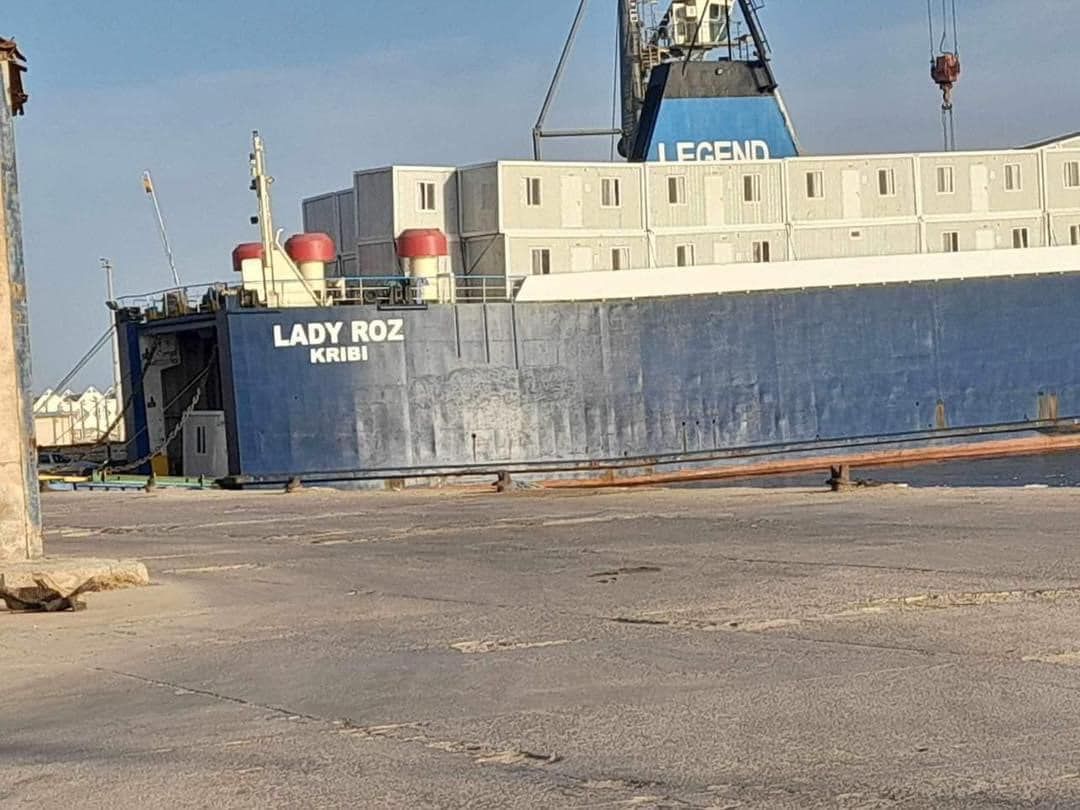Twelve years ago today, the reign of Libyan dictator Muammar Gaddafi came to a brutal and sudden end on the streets of Sirte at the hands of rebels. His once-imposing figure, synonymous with both power and dread in Libya, met a fate that was as shocking as it was telling. The starkness of his demise serves as a reminder to all in positions of power about the impermanence of authority and the imperative of humility and service.
However, the turbulence following his departure saw Libya descend into a vortex of chaos. Two civil wars, innumerable skirmishes, and a rise in militancy, arms trafficking, and illegal trades have marred the landscape. The nation, which once boasted stability under Gaddafi’s iron grip, now struggles with the basic tenets of governance and order. Promises of democracy and progress dangled before the Libyan people remain largely unmet. An emblematic reflection of this is the broken signboard on the roads, a relic from the Gaddafi era, which stands unfixed. This simple yet poignant symbol poses a difficult question: if the new leadership couldn’t restore such a basic element of infrastructure, how can they fulfill grander visions of national rejuvenation?
Comparing the infrastructure and semblance of order under Gaddafi with the tumult that followed, one has to ponder: was the change truly for the better? Or has it been a case of leaping from the frying pan into the fire?
As Libya navigates these turbulent waters, figures like Marshall Khalifa Haftar and Abdulhamid Dbeiba find themselves at the forefront. The plea from the war-weary and expectant Libyan populace is clear: chart a course that rises above the past, embodies genuine vision, and sets the nation on a trajectory of peace, stability, and prosperity.
Twelve years ago today, the reign of Libyan dictator Muammar Gaddafi came to a brutal and sudden end on the streets of Sirte at the hands of rebels. His once-imposing figure, synonymous with both power and dread in Libya, met a fate that was as shocking as it was telling. The starkness of his demise serves as a reminder to all in positions of power about the impermanence of authority and the imperative of humility and service.
However, the turbulence following his departure saw Libya descend into a vortex of chaos. Two civil wars, innumerable skirmishes, and a rise in militancy, arms trafficking, and illegal trades have marred the landscape. The nation, which once boasted stability under Gaddafi’s iron grip, now struggles with the basic tenets of governance and order. Promises of democracy and progress dangled before the Libyan people remain largely unmet. An emblematic reflection of this is the broken signboard on the roads, a relic from the Gaddafi era, which stands unfixed. This simple yet poignant symbol poses a difficult question: if the new leadership couldn’t restore such a basic element of infrastructure, how can they fulfill grander visions of national rejuvenation?
Comparing the infrastructure and semblance of order under Gaddafi with the tumult that followed, one has to ponder: was the change truly for the better? Or has it been a case of leaping from the frying pan into the fire?
As Libya navigates these turbulent waters, figures like Marshall Khalifa Haftar and Abdulhamid Dbeiba find themselves at the forefront. The plea from the war-weary and expectant Libyan populace is clear: chart a course that rises above the past, embodies genuine vision, and sets the nation on a trajectory of peace, stability, and prosperity.
